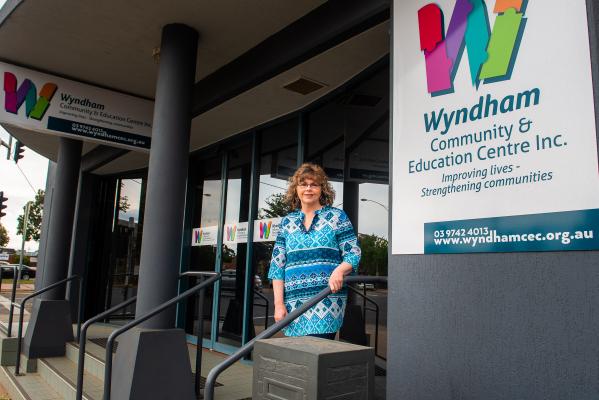The Cancer Council Victoria has launched a new campaign calling on Wyndham residents to book a cervical screening test.
Only 40 per cent of eligible Wyndham women and people with a cervix are up-to-date with their cervical screening, lower than the state average of 46.8 per cent.
The Cancer Council’s eight-week campaign, funded by the state government, will feature advertisements and engagement activities with local health and community organisations.
The council’s screening program manager, Kate Broun, said while cervical screening is important for all women and people with a cervix aged between 25 and 74, this particular campaign was tailored for Wyndham with an aim to increase cervical screening participation in the area.
“We know that cervical cancer is a largely preventable disease,” Ms Broun said.
“It is concerning that 60 per cent of eligible Wyndham women and people with a cervix are missing out and not up to date on this lifesaving test.”
She said that the cervical screening test could detect high-risk types of HPV (human papillomavirus) before they have the chance to cause cell changes, that lead to cervical cancer.
“Our message is clear – don’t delay your cervical screening test,” Ms Broun said.
“Preventative health checks are still important, even when there are COVID-related restrictions, and health services are taking all the necessary precautions to keep you safe.”
One of the Cancer Council Victoria’s organisational partners in rolling out the campaign is the Wyndham Community and Education Centre.
The centre’s chief executive Jennie Barrera, said the campaign included materials in Italian, Mandarin and Arabic.
“Together, we are letting our people know that if you’re aged 25-74, this is the best thing that you can do to protect yourself from cervical cancer,” Dr Barrera said.
“Through this campaign, we are encouraging our residents to use Cancer Council Victoria’s directory of cervical screening providers to find one in Wyndham to meet their needs – on the directory, you can select a provider by gender, language spoken and disability access.”
For more information se: www.cancervic.org.au/cervical







